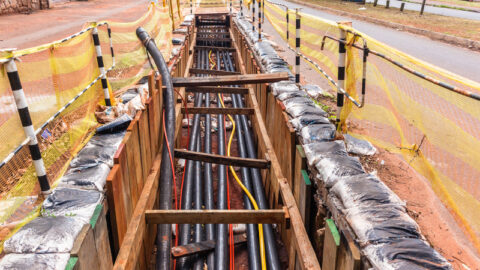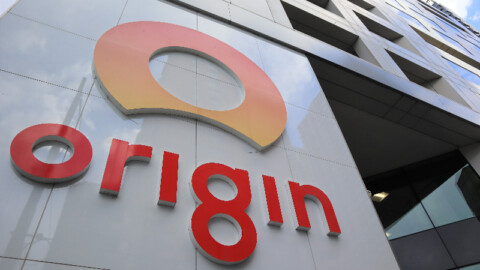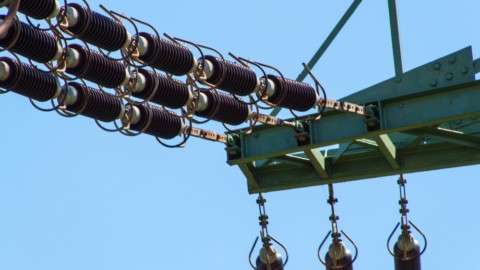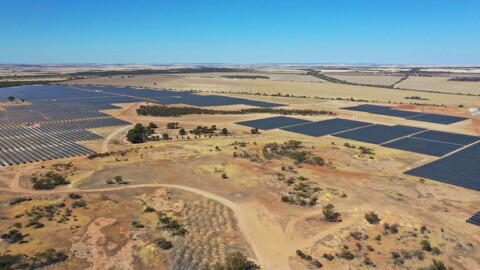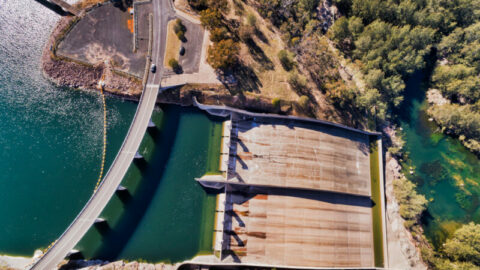New technology will be critical to successfully meeting net zero emissions targets, according to a new report from the recently-formed National Industry Innovation Network, a collaboration between Cisco and Curtin University.
The Smart Zero report reveals that the current process in Australia for measuring, offsetting and reporting on emissions is manual and analogue. On the contrary, net zero targets require an accelerated transition to digital, with automated processes at machine scale.
Advanced networks will need to evolve to meet net zero requirements, with the report outlining the following roles for digital technology in achieving net zero:
- Measuring emissions: automatically ingesting real time sensor data
- Reducing emissions: using digital twins to model and test reduction techniques
- Offsetting emissions: automated purchases from digital marketplaces
- Validating emissions: using blockchain for secure contracts
- Reporting on emissions: real time dashboards and automated reporting
Cisco’s chief technology officer, Carl Solder said, “The convergence of digital and net zero – or Smart Zero as Cisco and Curtin have termed it– not only represents a path to addressing the urgent environmental crisis but also provides major economic opportunity. The network is the point at which all net zero technologies can coalesce.”
As the net zero process is digitised, new demands will be placed on underlying technology platforms – primarily the network. According to the Report, demands include the need for greater speed, processing more complexity, requirements for scalability (more data, richer data and more distributed data) and improved security.
“The network connects computers, servers, mainframes, peripherals, and other devices to allow data sharing. With applications migrating to the cloud, millions of devices coming online and an expanding threat landscape, the network has never been more important. Using the power of advanced networks and digital, Australia needs to urgently embrace and invest in Smart Zero,” Mr Solder said.
According to the Smart Zero report, the network must evolve in two ways:
- Become even more intelligent, secure, transparent, resilient and capable of meeting privacy obligations
- Become more energy efficient in its own right (ICT usage is forecast to represent 21 per cent of global energy consumption by 2030) and produce less waste by embracing circular economy principles
Solving problems at the intersection of digital and net zero will require collaborative action from government, universities and the private sector to harness Australia’s collective research capability according to Report researchers.
Curtin University Deputy Vice-Chancellor Research, Professor Chris Moran said, “Australia must ensure it has the research capability and skills needed to support Australia’s transition to net zero. Accelerating the pace and improving outcomes from the convergence of net zero and the digital revolution requires a combination of research and new skills, with an industry-driven focus.
“New skills will be required to design and implement future net zero networks if Australia is to capture the full economic benefits, including the creation of new jobs. Each sector will require a unique set of skills relevant to specific markets, but all will be underpinned by digital capability to measure, reduce or avoid, offset and report on net zero.
“Curtin is a world leader in both mining research and digital capability; which combined have significant impact on supporting the net zero transition. We are committed to research that is collaborative, industry-led and globally relevant. This research is needed to develop net zero networks to support new demands – these include exploring technical, operational and market challenges.”
The National Industry Innovation Network, anchored by Cisco and Curtin, is an example of delivering on Australia’s national innovation and science agenda by strengthening the translational research pipeline and helping to drive economic growth in the digital economy. The network is well placed to drive the interdisciplinary research at scale that will be at the heart of digital and net zero convergence.
Read more about the Cisco and Curtin Universities Smart Zero report, here.



